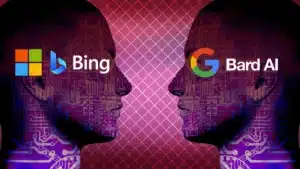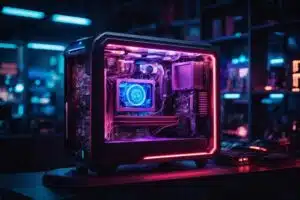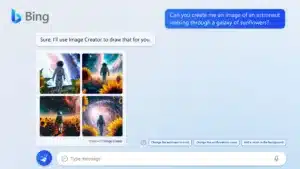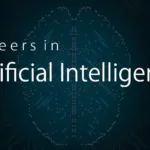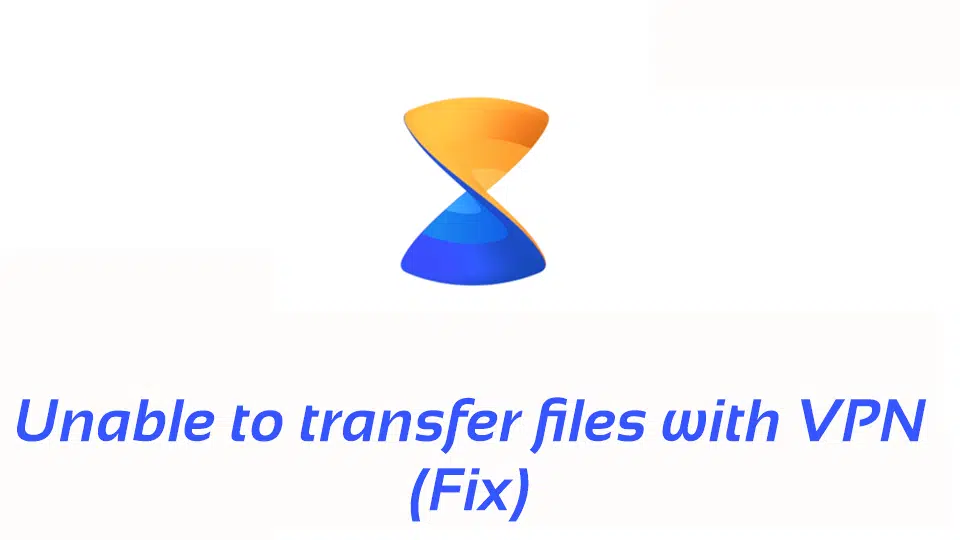Becoming an AI Python programmer was not something I had planned. It happened by chance, but it changed my life in ways I never imagined. Here is my story of how I fell in love with programming and the fascinating world of AI.
Thank you for reading this post, don't forget to subscribe!Discovering Python
My journey began two years ago. I was working a regular office job. It was fine, but it lacked excitement. One day, a friend told me about Python, a popular programming language. He said it was easy to learn and very powerful. I was curious and decided to give it a try.
First Steps
I started with online tutorials. There are many free resources available. Websites like Codecademy and Coursera offer great courses for beginners. I spent my evenings learning the basics of Python. At first, it was challenging. I had no background in programming. But the more I practiced, the more I understood.
Building Confidence
After a few weeks, I could write simple programs. I created small projects like a calculator and a to-do list app. These projects boosted my confidence. I realized that I could create something useful with code.
Introduction to AI
While learning Python, I came across AI (Artificial Intelligence). AI is about creating machines that can think and learn like humans. It sounded complex and intriguing. I decided to explore more.
Online Courses
I enrolled in an online course on AI. The course covered topics like machine learning and data science. It was tough but fascinating. I learned how AI systems can recognize patterns, make decisions, and even predict future outcomes.
First AI Project
My first AI project was a simple chatbot. A chatbot is a program that can talk to users. I used Python libraries like NLTK (Natural Language Toolkit) to build it. It was a basic chatbot, but it felt amazing to create something that could “talk.”
Deep Dive into Machine Learning
Machine learning is a key part of AI. It involves training computers to learn from data. I took more courses to understand it better. I learned about algorithms, data sets, and neural networks. These are the building blocks of machine learning.
Real-World Applications
I wanted to apply my skills to real-world problems. I found a project online that aimed to predict house prices using machine learning. I joined a community of programmers working on this project. We used Python libraries like Pandas and Scikit-learn. It was a great learning experience.
Joining the AI Community
The AI community is very supportive. There are many forums and groups where you can ask questions and share ideas. Websites like Stack Overflow and GitHub are great places to connect with other programmers. I started contributing to open-source projects. This helped me learn faster and meet like-minded people.
Challenges and Perseverance
Learning AI and Python was not always easy. There were times when I felt stuck and frustrated. Debugging code can be very challenging. But perseverance is key. I learned to take breaks and come back with a fresh mind. Gradually, I got better at solving problems.
Getting a Job
After a year of learning and practicing, I felt ready to look for a job in AI. I updated my resume and started applying. It took some time, but I eventually landed a job as a junior AI programmer at a tech company. My job involves developing AI models and working with data. It’s exciting and fulfilling.
Continuous Learning
The field of AI is constantly evolving. New technologies and techniques are being developed all the time. To stay updated, I read research papers and attend online webinars. Continuous learning is crucial in this field.
The Impact of AI
Working in AI has made me realize its potential. AI can solve many complex problems. It can improve healthcare, enhance education, and even combat climate change. Being part of this field feels meaningful.
Advice for Beginners
For anyone interested in becoming an AI Python programmer, here are some tips:
- Start with Python: Learn the basics of Python. It is a versatile and beginner-friendly language.
- Take Online Courses: Enroll in courses on AI and machine learning. Websites like Coursera and edX offer great options.
- Practice Regularly: Build small projects to apply what you learn. Practice is crucial.
- Join Communities: Connect with other learners and professionals. Online forums and groups are very helpful.
- Be Patient: Learning AI takes time and effort. Be patient and persistent.
The Joy of Programming
Programming is like solving puzzles. It challenges your mind and creativity. There is immense satisfaction in seeing your code work. AI, in particular, is a fascinating field. It combines mathematics, logic, and creativity. Falling in love with programming and AI has been a wonderful journey.
Looking Ahead
I am excited about the future. AI is growing rapidly, and there are endless possibilities. I look forward to working on more complex projects and contributing to this amazing field. If you are curious about AI and programming, I encourage you to take the first step. You might discover a new passion, just like I did.
Conclusion
Becoming an AI Python programmer has been a transformative experience. It has opened up AI with new career opportunities and allowed me to be part of an exciting field. The journey was challenging but rewarding. I have fallen in love with the machine, and I look forward to where this path will take me next. If you are considering a career in AI, now is the perfect time to start. Happy coding!



